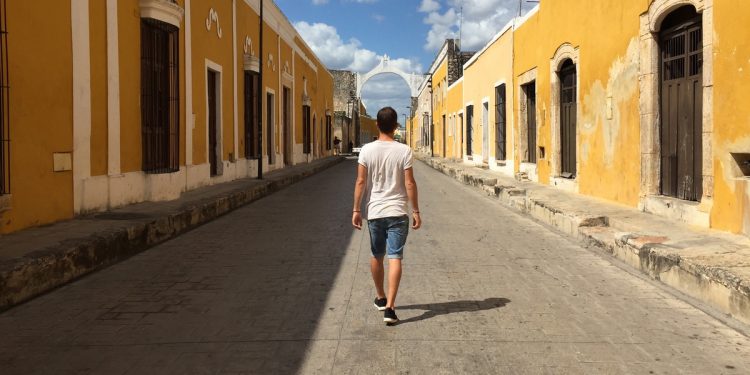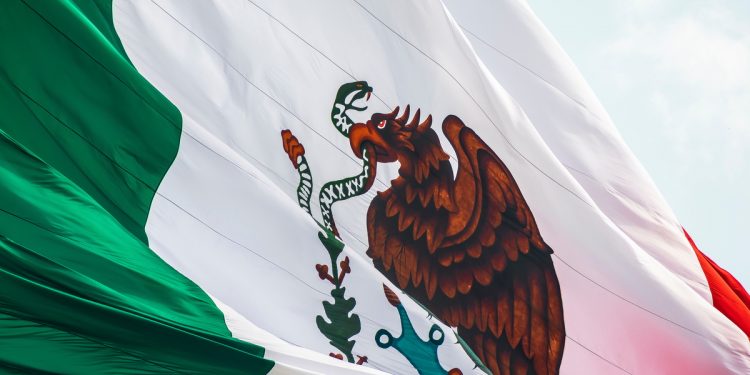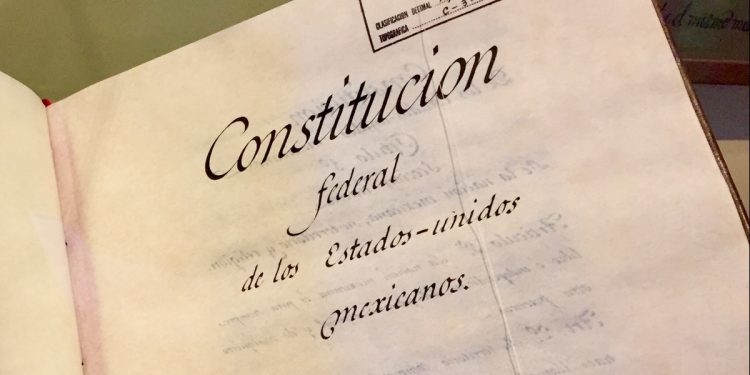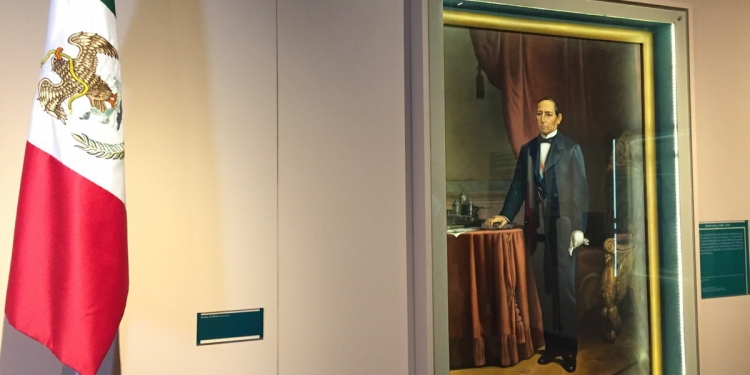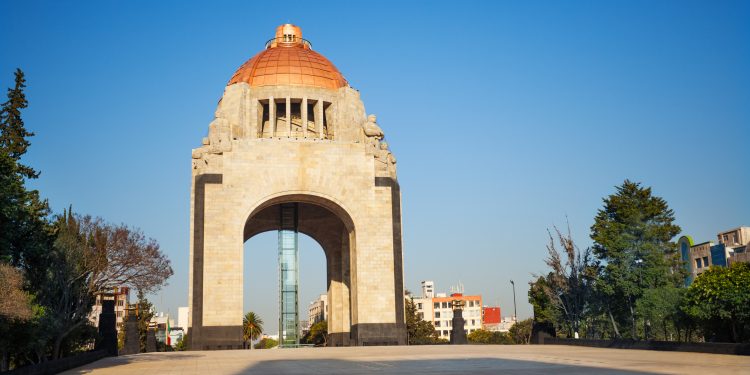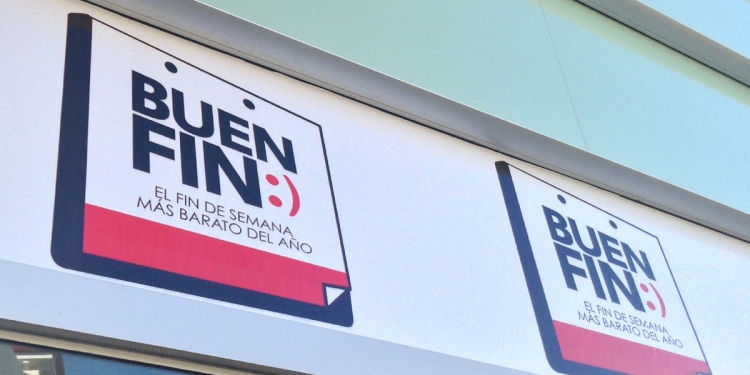In 2006, Mexico introduced the concept of ‘bank holiday Mondays’—long weekends created by moving three of the country’s national holidays to the closest Monday.
In making the changes, legislators thought the May 1 Labor Day holiday too important to be moved, since it’s also observed internationally; and the September 16 Independence Day holiday was never even considered a candidate.
Three dates were chosen for long-weekend holidays in Mexico
The three dates chosen by legislators for commemoration with long-weekend holidays are:
- the February 5th holiday, commemorating the 1917 Constitution, moved to the first Monday in the month—which is usually the day after the Super Bowl in the U.S., thus convenient for American Football fans, of which there are many in Mexico;
- the March 21st holiday, marking the birth of 19th century president Benito Juárez shifted to the third Monday in March; and
- the November 20th holiday, marking the start of the 1910-1917 Revolution which is now observed on the third Monday in November.
The ‘bank holiday Monday’ concept has advantages and disadvantages
On the one hand, it guarantees at least three long weekends each year even if the historical dates fall on a weekend or in the middle of the week, increasing the practicalities for travel and stimulating domestic tourism.
Colonial towns and cities within an easy drive of the capital have been notable beneficiaries of this, as chilangos like to use the long weekends to escape from their frenetic routines to take some fresh air, country food, and enjoy a change of scenery.
Hotels like the long weekends as it helps them to sell more rooms, and those running AirBnBs from their home also get a fillip.
Bridges to cross
On the other hand, the long weekends have reduced the possibilities for creating “puentes,” or bridges which, for many years before the long-weekend holidays came to be, were an informal tradition linking the holiday date to the nearest weekend: the previous weekend if the holiday is on a Tuesday, and the following weekend if it’s on a Thursday. (Wednesdays were a bit more complicated.)
That literal “puente” —or bridge— to the weekend has fallen away somewhat in these modern days where time is money and squeezing an extra day’s leisure from the daily grind has a habit of showing up as a minus in the month’s high-frequency economic indicators. In response, people have taken to calling the three-day weekend bank holiday a “puente.”
From a practical perspective, Mexico’s long-weekend holidays offer an opportunity for residents to explore a new colonial town or revisit an old favorite, or take a well-earned break to the coast for some sea air and a swim in the ocean. You’ll need to plan ahead as bus stations and airports get busy, driving on Mexico’s roads requires extra diligence (and patience), and the best accommodations tend to sell-out ahead of time at the most popular destinations.
Revolution Day and Mexico’s ‘Black Friday’ shopping event
Since 2011, the November Revolution Day long holiday weekend has been tied-in with El Buen Fin, “The Good Weekend,” a commercial endeavor set up to emulate Black Friday in the US and in the process, drive the local economy through consumption.
The Buen Fin event officially starts on the Friday and ends on the bank holiday Monday, but in practice most retailers begin to promote their sales in early November, typically after the Day of the Dead holiday.
The sales tend to lack the spectacular throwaway prices seen in the US, and many of the promotions are offered in the form of interest-free payments in partnership with Mexican credit card companies.
Nonetheless, widespread discounts on goods and services are offered, and some people here use the weekend to buy big-ticket items for their home like furniture and appliances at a worthwhile discount.
It’s also an opportunity for retailers to unload stale inventory ahead of the Christmas shopping season, which emerges in October and begins in earnest across Mexico as soon as the Halloween costumes have been packed away.
Mexico in your inbox
Our free newsletter about Mexico brings you a monthly round-up of recently published stories and opportunities, as well as gems from our archives.

